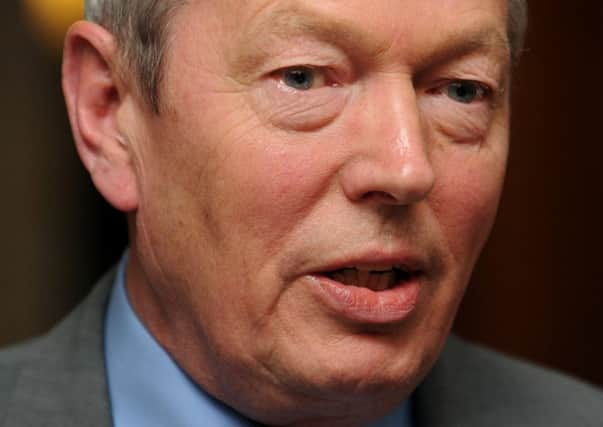Health and social care cuts blamed for tens of thousands of deaths


In 2015 there was an “unprecedented” rise in mortality in England and Wales and a possible explanation behind the spike could be the “relentless cuts” to health and social care budgets, according to two articles published in the Journal of the Royal Society of Medicine.
Researchers from the London School of Hygiene and Tropical Medicine, University of Oxford and Blackburn with Darwen Borough Council said without “urgent intervention” the increases in mortality could continue.
Advertisement
Hide AdAdvertisement
Hide AdThey said that 2015 saw the greatest rise in mortality for almost 50 years in England and Wales – with a particularly large spike seen in January.
The news comes as Hull Council has written to Communities Secretary Sajid Javid, ahead of a parliamentary debate next week moved by Hull West and Hessle MP Alan Johnson to draw attention to the “postcode lottery” the change in funding is creating.
Increasing council tax in Hull by three per cent will raise £8.01 per person – £4 less than the East Riding. Hull Council’s deputy leader Coun Daren Hale said the postcode lottery was “ludicrous”.
Meanwhile, researchers from the London School of Hygiene and Tropical Medicine, University of Oxford and Blackburn with Darwen Borough Council wrote that: “The long-term decline in mortality in England and Wales has reversed, with approximately 30,000 extra deaths compared to what would be expected if the average age-specific death rates in 2006 to 2014.”
Advertisement
Hide AdAdvertisement
Hide AdTo explore this phenomenon the academics set out four hypotheses in a separate paper. These included; possible problems with the data, whether there had been an “environmental shock” such as war or natural disaster, whether there was a major epidemic or whether there had been “widespread failure of the health and social care system”.
After ruling out data errors, cold weather and flu as main causes for the spike, the researchers concluded that “the evidence points to a major failure of the health system, possibly exacerbated by failings in social care”.
They said that in January 2015 all markers for NHS performance “worsened markedly”.
These included ambulance call out times being below target, no rise in A&E attendances but waiting times increased and waiting times for diagnostic tests and consultant-led care increased.
Advertisement
Hide AdAdvertisement
Hide Ad“Our findings should be seen in the context of the worsening financial situation of the NHS,” they wrote.
“Since the 2010 election, the impact of cuts resulting from the imposition of austerity on the NHS has been profound.
“Expenditure has failed to keep pace with demand, and the situation has been exacerbated by dramatic reductions in the welfare budget of £16.7bn and further reductions in social care spending.”
However, Leeds-based NHS England’s Medical Director for Acute Care, Professor Keith Willett, maintained that reforms are vital to the future of the health service.
Advertisement
Hide AdAdvertisement
Hide AdWriting in The Yorkshire Post today, he said: “When it comes to health today, care inertia can be truly harmful.
“It is no longer realistic to say ‘if it’s not broke don’t fix it’ – believe me it is breaking.